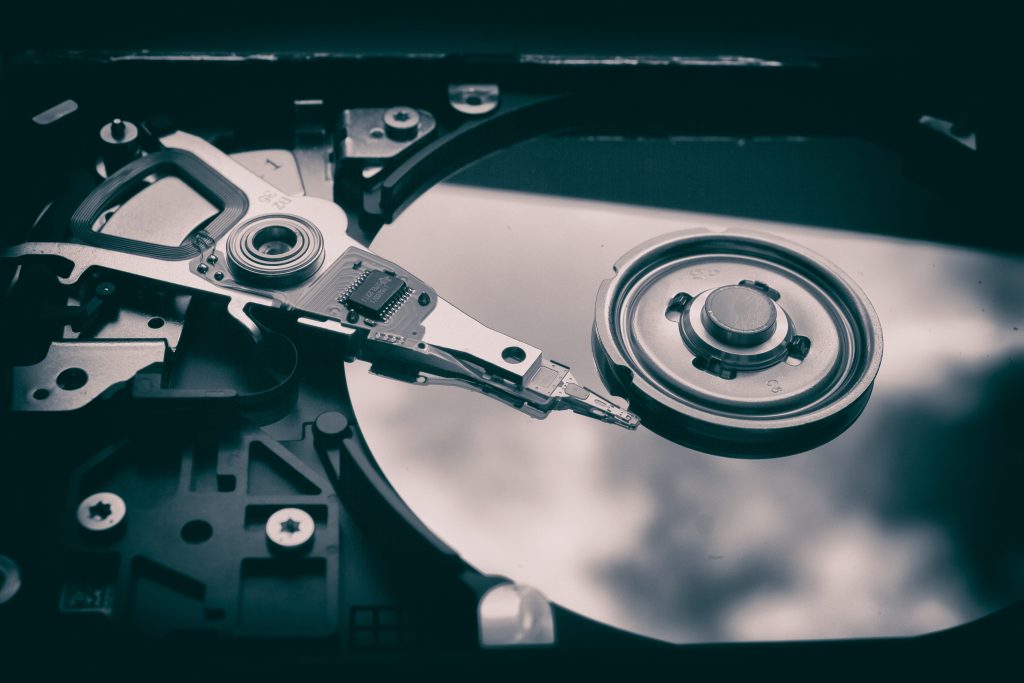
Backup Solutions
Data Backups are often overlooked, but are of growing importance for both home and business users…
The data contained within a company or business can often be worth more than the servers it is stored on. If this data was lost and un-recoverable, the business may run into serious problems. For home users, valuable photographs provide priceless memories for families which couldn’t be replaced. Important family documents and years of music collections would be devastating to lose.
A surprising number of businesses pay no attention to regularly backing up their data!!
Reasons To Backup Data
Ability to recover important and essential data, quickly
Disaster Recovery – Potentially save your business by restoring important items/whole systems
Rapid growth of data and storage capacities mean failure could be catastrophic!
There are three main types of backups, each of which have their individual advantages and disadvantages as shown below.
Full Backup
This backup mechanism means that a full snapshot of the data is backed up each and every time the backup routine is run.
This makes restoring a whole system easier. However, backing up a whole data set on each run is both time and storage space intensive.
Incremental Backup
This backup takes into account all changes since the last backup run. One full backup is taken first, then subsequent incremental backup runs are just the changes since the last backup.
This has the advantage that backup runs are generally a lot faster and take far less storage space. It is also easier to see which data had changed on a certain day.
Incrementals are the FASTEST type of backup routine. However, A full restore with incrementals would involve restoring from the last full backup, then all subsequent incrementals.
Differential Backup
A differential backup is all of the changes since the last full backup. One full backup is performed first, then subsequent backup runs are all changes since that full backup.
This results in a much faster backup routine than a full backup, and less storage space used (However more storage space than incremental backups). Each differential backup that is run after the full, will grow in size as the changes each day increase.
Differentials are FASTER than full backups, but SLOWER than incrementals. A full restore would be easier than with incrementals, involving restoring the last full backup then the last differential backup.
Examples of how we can help
zanaNET have a huge amount of expertise in backing up whole business systems and networks, across a range of hetereogenous systems.
We rely on our backup procedures and believe that if they are good enough for us, then they’re fit for our customers also. Many customers have benefited from remote backups, whether accidental deletion of a few files, or restoring a whole server due to hardware failure.
Why choose us
- Fully managed solutions
- Off-site / remote backups
- Bespoke setups
- Encrypted File Transfer
- Disaster recovery solutions
- FREE zanaNET support
zanaNET will work with your business to create a bespoke backup/recovery solution that is cost effective and tailored to your exact requirements. We are able to manage your own hardware, or provide and fully manage hardware, both locally and/or remotely.
Local and Remote Backups
Local backups are where data is backed up to a device local to the computer/server, or in the same building. For example, to an internal storage device, optical disc such as DVD, magnetic tape device or network attached storage (NAS) system on the same premises.
Whilst these backups are often fast and the storage media is generally cheap, they do not offer good protection against fire, theft, natural disasters, or even terrorism. Storing the data with the systems is a risk, as if you lose one, you could lose everything. However, cost of restoration can often be cheaper as the backups are more local and readily available.
Remote backups refer to storing backup data off-site, on a remote location. This generally mitigates the risk of natural disasters. If there was a disaster which wiped out an entire system/office, it’s highly unlikely that the geographically remote backups would be affected and could be used to re-build the system, providing data continuity and disaster recovery.
An important consideration when backing up remotely, is security of the data going over the wire – High level encryption is essential to ensure that a ‘man in the middle’ attack or similar is not successful, and to protect sensitive data being backed up.
Remote backups are often perceived to be more expensive than local backups, due to requiring hardware to back up to remotely and fast enough connectivity with cheap bandwidth to be able to move large amounts of data across the Internet.
‘Cloud’ backups – This buzzword is becoming ever more popular with backup companies, but basically refers to offsite/remote backups. Maybe with the inclusion of backing up to geographically diverse systems, often with shared storage.


